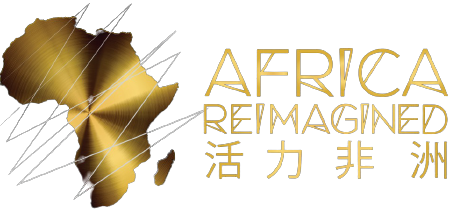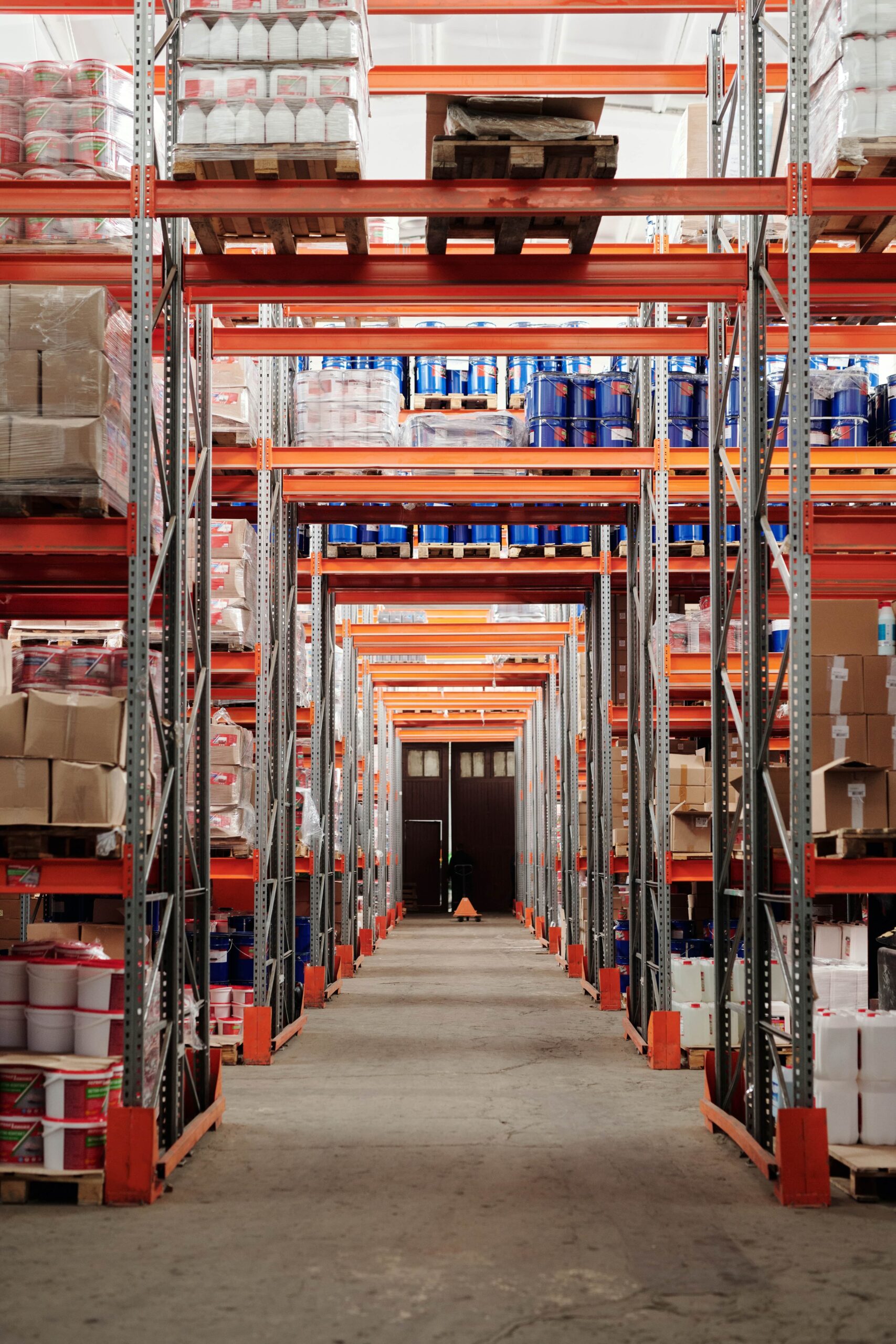
Helping African Brands Enter the Chinese Market
Quick links
Menu
Menu

Last week, authorities in Shanghai finally lifted a two-month-long COVID-19 lockdown that could reportedly reduce China’s overall GDP by 4% this year. Across China as a whole, Covid-19 cases have also reduced to around 70 per day in mainly Beijing and Shanghai resulting in Beijing and other effected cities lifting restrictions.
The local and global economic impacts of these lockdowns and China’s zero-Covid policy have been analysed by experts across the globe and have drawn gloomy conclusions regarding the Chinese market amidst reports of consumer spending dropping by 11% in April, and the exodus of foreign businesses and foreign employees. The severe disruptions to logistics and supply chains in both China and globally because of the Shanghai lockdown was a particular focus of these reports.
So, should African brands and businesses be turning their attention elsewhere? Based on our observations and recent experiences of supporting high-end African brands with entering the Chinese market at Africa Reimagined, the short answer is, no.
As is often the case, the situation on the ground is not always reflective of what is reported to global audiences. In fact, in recent months, we have been busier than ever with helping our clients (premium African brands) access a number of new and exciting sales and promotion opportunities for African brands in China.
Most importantly, throughout the lockdown period we have been able to continue helping our clients export their products to China in order to continue selling and promoting their products, and to take advantage of these new, emerging China market entry opportunities. For example, we have continued to import African coffee from a range of African countries including Kenya, Ethiopia and Uganda in order to supply China’s biggest coffee retailer.
Being China’s largest port of entry, Shanghai’s partial port closure has inevitably caused disruptions in other ports because container ships have been redirected from Shanghai to other ports. For example, at Africa Reimagined, we use Guangzhou as our main port of entry for African products. In recent months, we found that some our clients’ products have been delayed by a few days at the customs clearance authority in Guangzhou because of the increased number of packages being cleared in Guangzhou instead of Shanghai. On a couple of occasions, our clients’ logistics companies have had to delay posting packages to China for several days because of backlogs in Guangzhou. However, these delays have been minor and we have not come across delays of more than 5 days. Furthermore, now the lockdown has been lifted, we are already noticing that the delays are easing, and that Chinese customs procedures are returning to their normal length of time.
It is also important to stress that the impact of the Shanghai lockdown on the Shanghai Port and overall trade to China was not as severe as many media reports have suggested. Being China’s largest port and a principal point of entry for many of our Africa-based clients, at Africa Reimagined, we have been tracking the impact of the Shanghai lockdown on imports at the Port of Shanghai.
According to data from MoT, the cargo throughput in Shanghai was 42.19 million ton in April, a decrease of 26.8% from March 2022 (57.66 million ton); and the container throughput was 3.08 million ton, a decrease of 24.9% from March 2022 (4.1 million ton). In March 2021, the cargo throughput was 59.43 million ton, and the container throughput was 3.9 million ton. Thus, although the partial lock-down was already adopted in March, there seemed to be no significant disruption compared to the same period the year before.

Helping African Brands Enter the Chinese Market
© Copyright 2024 All rights reserved
Trevor Lwere is a Research and Coordination analyst at Development Reimagined with a background in Economics and Global Affairs. His interests include geopolitics, geoeconomics and economic development. He holds a Masters’ degree in Global Affairs fro Tsinghua University and a BA Economics from the University of Notre Dame.
Sena Voncujovi is a research and policy analyst at Development Reimagined. Voncujovi specializes in global health issues, Japan-Africa relations, and China-Africa relations. He served as the Editor-in-chief of Peking University’s Africa Think Tank (PATT) during his master’s in International Relations & Politics as a Yenching Scholar. Voncujovi previously advised the Ghanaian government for the 2019 TICAD 7 Conference held in Yokohama. He is the co-founder of Jaspora, Tokyo’s largest community of African diasporan diplomats, changemakers, professionals, students, and business people.
Yixin is a Junior Research Analyst and her focus areas is on public-private partnership and entrepreneurship. She has over three years of working experience in both private and public sectors in Ethiopia. She was the China Liaison Officer for project ‘Partnership for Investment and Growth in Africa’ at International Trade Centre, where she accumulated rich experience in investment and trade promotion.
Ivory is a Kenyan lawyer with experience in policy research and analysis. She also supports the communications team through liaising with African brands, creating graphic content and other external outputs at AR. Ivory speaks English, Swahili and French
Jinyu is a dual-degree Master’s student at Sciences Po & Peking University. At Africa Reimagined, Jinyu produces research to foster better mutual understanding between African clients and Chinese consumers.
Yike Fu is a Policy Analyst and has been responsible for leading numerous areas of work, including on debt analysis in Africa and beyond, and China-Africa trade and investment logistics and analysis. She is the co-author of “African Debt Guide”, in which she challenged the narrative that Africa is in the midst of a new debt crisis by analysing data back to the 1970s and adopting new metrics to present the real story behind the data. She also developed a benchmark to compare the financial distribution of development partners such as the UK, US, Japan, France and China in Africa. Prior to her role at DR she worked at the International Finance Corporation and African Union Representational Mission to the US. She holds a Masters in International Affairs from George Washington University.
Rosie is the Project Manager of Africa Reimagined (AR) at Development Reimagined (DR) where she supports high-end African brands with entering the Chinese market by operating services such as trademark protection, Chinese market research, Chinese partnership building, and Africa to China logistical support and import/export services. Rosie has worked with DR for over two years now with proven success in helping high-end African brands navigate the Chinese market. She is extremely passionate about her work because more African brands selling in the Chinese marketplace means African countries can export MORE value-added goods, create MORE jobs and foster MORE innovation in African countries.
Leah Lynch is Deputy Director of Development Reimagined (DR), and head of the China office. Leah has over 10 years of experience in development and has lived in China for over 8 years. Leah has also travelled extensively around Asia and Africa for research. Leah supports the strategic direction of the team across China, with a mission to deliver high quality research on sustainable development and poverty reduction. Leah is also Chair of the Sustainability Forum at the British Chamber of Commerce in China, providing direction on sustainability initiatives for British and Chinese business. Leah has also consulted on various evaluations on UK aid (ICAI) and is a specialist on development cooperation from the UK and China. Leah has also consulted on various UN projects, including providing support to the UN China team during the COVID-19 Pandemic. Prior to DR, Leah was at the United Nations Development Programme (UNDP) China, supporting the UN’s portfolio on communication strategies, China’s South- South Cooperation and the Belt and Road Initiative (BRI). Before UNDP, Leah lived and worked in Kenya developing sustainable water policies for the Kenyan government.
Hannah Ryder is the Founder & CEO of Development Reimagined. A former diplomat and economist with 20 years of experience, named one of 100 most influential Africans in 2021, she is also Senior Associate for the Africa Program of the Center for Strategic International Studies (CSIS), sits on the Board of the Environmental Defence Fund, and is a member of UAE’s International Advisory Council on the New Economy. Prior to her role at DR, Ms Ryder led the United Nations Development Programme (UNDP)’s work with China to help it scale up and improve its cooperation with other developing countries, including in Africa. She has also played various advisory roles for the UN and OECD and co-authored the seminal Stern Review of the Economics of Climate Change in 2006.
We support our clients throughout the whole onboarding and sales process on Chinese e-commerce platforms including registration, international and China-mainland logistics, storage, payment transfers, and marketing & advertising strategies.
In addition to supporting our clients with onboarding onto e-commerce platforms or developing their own WeChat stores, we also have our own Africa Reimagined e-commerce stores for our clients to sell on.
Kiliselect on WeChat Stores: Africa Reimagined launched on Kiliselect, which is a foremost e-commerce store for premium African products in China and the Chinese branch of East Africa’s Kilimall. It houses brands from a range of sectors including food and beverage, skincare and homeware. Kiliselect is found on WeChat Stores, which gives the store access to 1.2 billion active WeChat users across China.
JD-Worldwide: Next year, Africa Reimagined will open the first ever flagship, pan-Africa e-commerce store for premium African brands on JD-Worldwide, the cross-border e-commerce platform of China’s largest retailer, JD.com. It will sell exclusively luxury African brands from a range of sectors including, fashion and jewellery, food and beverage, skincare. and homeware.